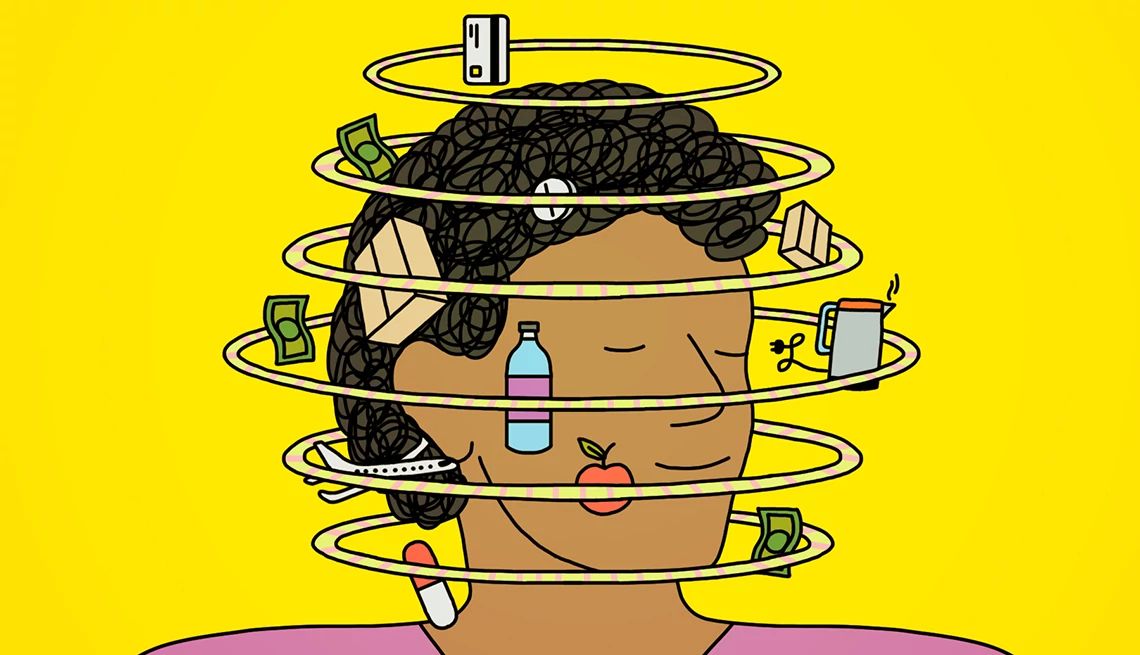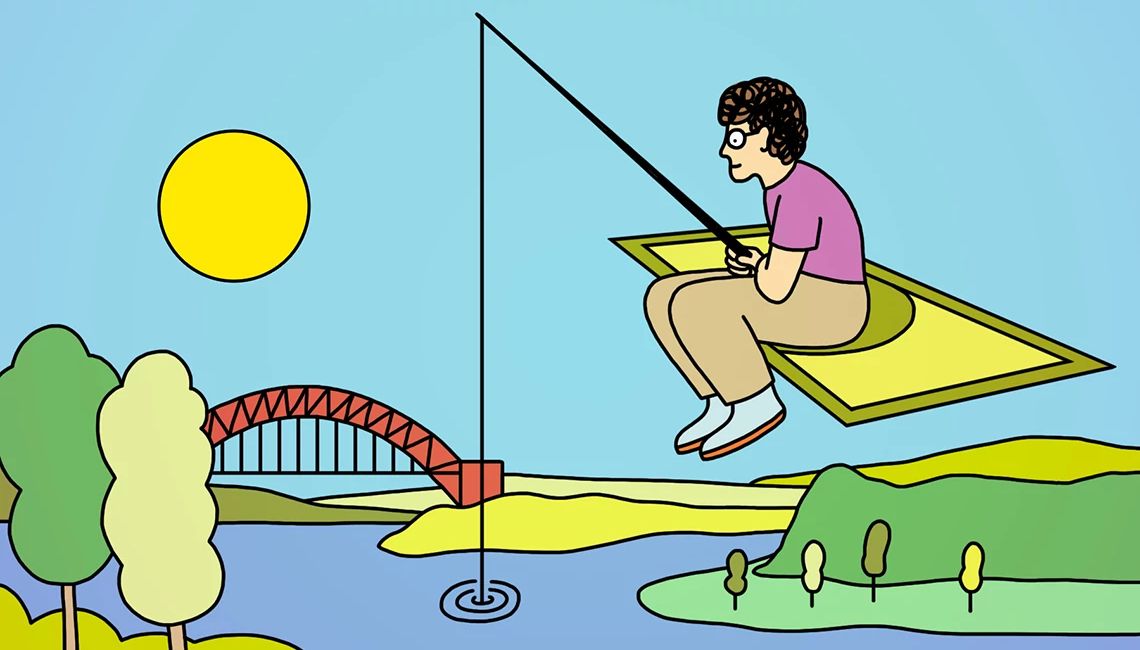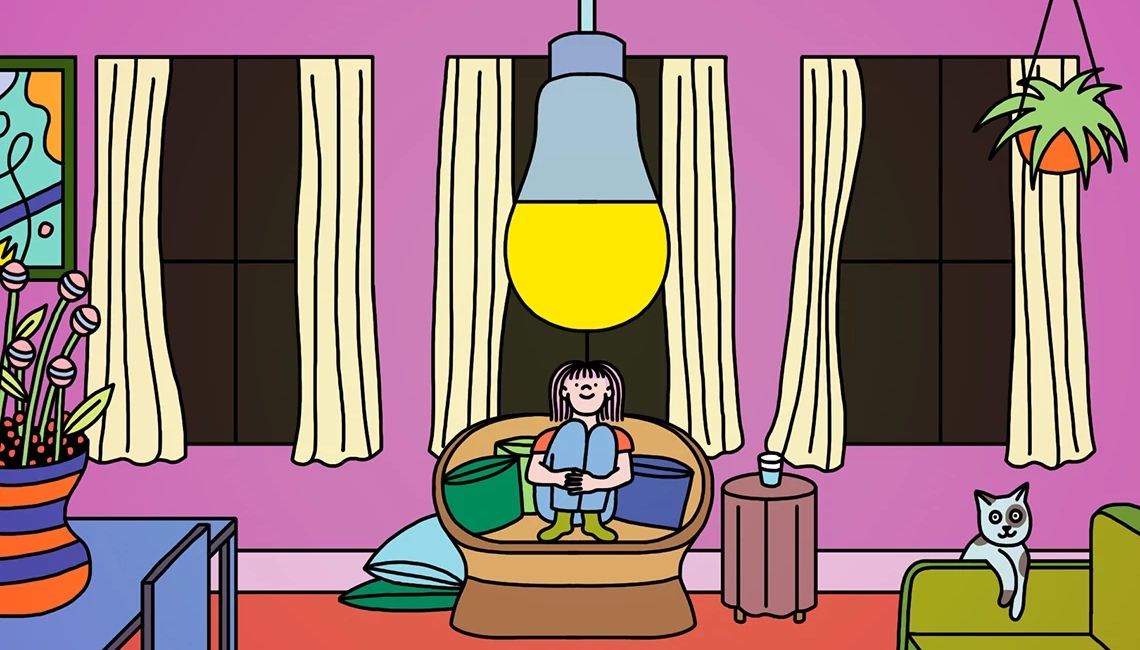AARP Hearing Center


AARP sought the guidance of dozens of professionals to help us all tackle some of life’s most vexing struggles and take some of the stress out of 2024 — whether it’s home life, personal tech, health care, money management, travel or other types of modern problems. Here are answers to the 25 most common.
HEALTH
Every week, there’s another grocery product recall. What can I do so I don’t eat something I shouldn’t?
Foodborne illness sickens an estimated 48 million Americans each year, and people who have compromised immune systems or are over the age of 65 are at higher risk. Food is recalled because of lack of food allergy warnings on labels, or the presence of foreign materials (like plastic) or pathogens (like salmonella). To stay informed on the latest recalls, visit foodsafety.gov or download the U.S. Department of Agriculture’s FoodKeeper app on your phone. And if you use a loyalty card at your grocery store, make sure your email address is up to date. Retailers often use this information to notify customers when they bought a recalled product.
—Barbara Kowalcyk, associate professor, George Washington University Milken Institute School of Public Health
My pharmacy sets my prescriptions to “auto-fill.” This causes problems with prescriptions being filled before I need them, or not ready when I want them. How can I manage this?
Auto-fill programs are intended to help you remember to pick up prescriptions and shorten wait times for a refill. But if you have too large a supply at home, turn off auto-fill online or through your pharmacy app or by talking to your pharmacist. Of course, you’re not obligated to pick up a prescription that has been filled for you. So if you have too much or you were instructed to stop taking a medication, the pharmacy can return the prescription to stock, and you won’t be charged.
—Corey Lester, assistant professor of clinical pharmacy at the University of Michigan
I see people carrying huge water bottles. Is there new guidance on how much water to drink?
Everybody wants to be told the elusive magical amount that’s going to make us all healthy, but charts aren’t one-size-fits-all. We can usually trust our bodies. When you need water, you get thirsty. And 99.9 percent of the time, if we overdrink, we pee a lot. Also, while people want to measure their intake of plain water, it’s the water molecules that count, whether it’s in soups or watermelon or tea. So when you’re thirsty, drink something—and when you’re not, you probably don’t need to. But if you want to take a few extra sips out of your trendy tumbler, go ahead.
—Tamara Hew-Butler, associate professor of exercise physiology at Wayne State University
Salad bars and buffets closed during the pandemic. Is it safe to eat from them now?
While safety protocols may have advanced as a result of the pandemic, most food safety professionals would still recommend avoiding salad bars and buffets. There are a number of factors here, including foods that are not maintained at safe holding temperatures and illnesses tied to cross contamination from dirty surfaces, utensils and hands — most caused by other patrons. If a staff member is serving at the buffet, that may be a big improvement. And pre-plated items make a difference.
—Darin Detwiler, assistant teaching professor of food policy, Northeastern University College of Professional Studies


MONEY
I got a great introductory rate on a CD, but now it’s renewing at a lower one. What’s the easiest way to get a higher rate, without facing this problem in another six months or a year?
Many of those enticing short-term CDs are promotional offers. Be sure to read the fine print before you invest. In addition, savers can use online earnings calculators (such as at CDValet.com, NerdWallet.com or Annuity.org) to determine total returns for different CDs, taking into account the impact of automatic renewals. Those calculations may show that a standard CD with a longer term is more profitable than a promotional CD offering with an amazing rate and a shorter term.
—Mary Grace Roske, spokeswoman for CD Valet
My credit card company is great about detecting possible fraud. But often it’s a purchase I made, and then my card gets frozen when I need to use it.
Fraud protections may be a pain sometimes, but they’re important. If you’re concerned that a purchase you make might trigger a fraud alert, call your card issuer and give them a heads-up. Use the number on the back of your card. For example, if you’re remodeling your house and will spend $5,000 at Home Depot, that big purchase might draw their suspicion. Telling them about the purchase should stop a fraud hold on your card. Likewise, call them if you are planning to travel.
—Matt Schulz, author of Ask Questions, Save Money, Make More


TRAVEL
It seems like everyone is done with masks now. Are there circumstances when I still need to wear one while traveling?
Think about how important the trip is and how you’d feel if you had to cancel — or if you felt so sick while traveling that you couldn’t enjoy it. So wear a mask when in crowded indoor spaces like security lines and the gate area in airports. It’s fine to take it off when you find an open corner away from people. Once you’re on the airplane, the times of greatest concern are when you’re on the ground — boarding and deplaning — and the engines and ventilation system aren’t running fully. And if someone near you is coughing, you might want to cover up.
—Linsey Marr, professor of civil and environmental engineering at Virginia Tech































.jpg?crop=true&anchor=13,195&q=80&color=ffffffff&u=lywnjt&w=2008&h=1154)































You Might Also Like
Guide to Replacing Appliances
When your home essentials break and there's no time to lose, these shopping tips can help
How to Keep Your Car Running
Learn ways to maintain your vehicle and save time and money
Steps for Selling Your Parents' Home
It can feel like a logistical and emotional nightmare; here's a plan to help you cope
More Members Only Access
Enjoy special content just for AARP members, including full-length films and books, AARP Smart Guides, celebrity Q&As, quizzes, tutorials and classes
Recommended for You